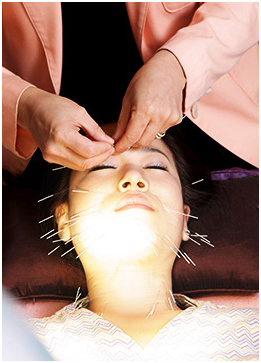
20,343 patients in have visited Korea for traditional medicine in 2017, resulting in a 12.9% increase compared to the previous year and a 34.5% average annual increase rate. Traditional Korean medicine involves identifying the physical constitution of each patient, and finding the right (customized) care and prescription accordingly.
Traditional Korean medicine also prefers more natural treatments, such as herbal medicines, acupuncture, and moxibustion, over artificial drug regimens of antibiotics and painkillers.

Traditional medicine in Korea has its own treatments, hospitals and prescriptions that is comparable with western medicine. The World Health Organization (WHO) has recognized hanbang, or traditional Korean medicine, as valid medicine.
Korean medicine is unique treatments that have been studied for almost 2000 years.
"Dong-eu Bo-gam", the Korean medical book which carries the 2000-year of history of Korean medicine, has been designated as UNESCO world heritage.
Recently, Korean medicine hospitals are not only practicing acupuncture, herbal medicine and physical therapy, but also they are focusing on a Korean-western medicine collaboration system in order to provide more effective treatments.